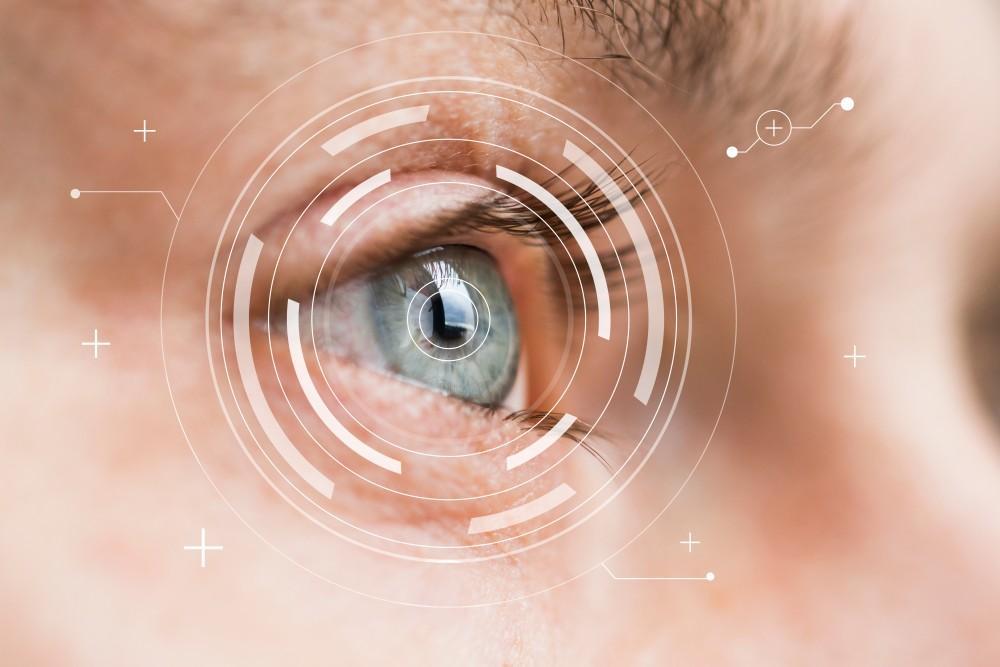
Can You Prevent Keratoconus From Getting Worse?

Keratoconus is an often misunderstood eye condition that can be difficult to prepare for. It usually starts by your 20s or 30s, progressively getting worse through age 35 or 40. By the time you realize you have keratoconus, you may have already experienced significant vision changes.
Keratoconus is a condition that occurs when your cornea, which typically has a round surface, thins and bulges into a cone shape. The visible changes may be imperceptible to you, but because the cornea is where light passes, that bulge can distort your vision.
The good news is that keratoconus eventually does stabilize, and you can take steps to slow its progression and prevent it from getting worse. If you live in and around Rapid City, South Dakota, you can trust board-certified ophthalmologist and cornea specialist Stephen Khachikian, MD, to develop a plan to protect your vision.
Here are our top seven tips for managing keratoconus.
Update your glasses prescription regularly
In the early stages of keratoconus, eyeglasses can correct minor vision issues. Your prescription may change more often than usual. Staying on top of these updates keeps your vision clear and manageable, even as the condition evolves.
Stop rubbing your eyes
Pressing or rubbing at your eyes can irritate your delicate cornea, making it thinner and worsening keratoconus. If your eyes feel itchy or uncomfortable, use lubricating drops to relieve the irritation instead.
Switch to specialty contact lenses
As keratoconus progresses, consider rigid gas-permeable or scleral contact lenses. These lenses not only improve vision but also help slow the progression of the condition.
Scleral lenses are especially helpful because they cover a larger area of the eye, creating a stable surface that doesn’t press on the corneal bulge. Work with Dr. Khachikian to find the perfect fit for long-term comfort and protection.
Ask about Intacs® implants
If glasses and contacts aren’t enough, Intacs implants can reshape your cornea. These small devices flatten the cone-like bulge, improving vision and stabilizing the cornea. Intacs are a minimally invasive option to help keep keratoconus under control.
Strengthen your cornea with collagen cross-linking
Collagen cross-linking is a breakthrough treatment that halts the progression of keratoconus. Dr. Khachikian uses riboflavin eye drops and ultraviolet (UV) light to create new bonds in your cornea, making it stronger and less likely to worsen.
Consider corneal surgery for severe cases
If keratoconus becomes advanced, cornea surgery might be necessary. Dr. Khachikian can replace damaged tissue with donor tissue through a cornea transplant. While this is typically a last resort, it can restore vision when other options no longer work.
Don’t forget to schedule regular eye exams
A trained ophthalmologist understands how keratoconus progresses. Regular visits help catch changes early and keep your vision on track.
A keratoconus diagnosis can be overwhelming, but Dr. Khachikian offers a clear, personalized treatment plan to slow the condition’s progression and improve your vision. Contact our office today by calling or using our online booking tool.
You Might Also Enjoy...


2 Exciting Presbyopia Vision Correction Options: KAMRA® and Monovision

I’m Not a LASIK Candidate. What About PRK?

Telltale Signs Your Eye Problem Is a Cornea Issue

Why Are Cataracts Common In Seniors?


